Chengyu Stories: Why does 马马虎虎 (mǎmǎhūhū) mean “so-so” in Mandarin?
Time to reveal all…
While studying Chinese, you will learn a lot of 4 character idiomatic expressions, alluding to a story or historical quote.
These set phrases are called 成语 chéngyǔ and they are still common in the written and spoken language today.
Among the best-known Chinese chéngyǔ, 马马虎虎 (mǎmǎhūhū) is considered the easiest and the funniest one.
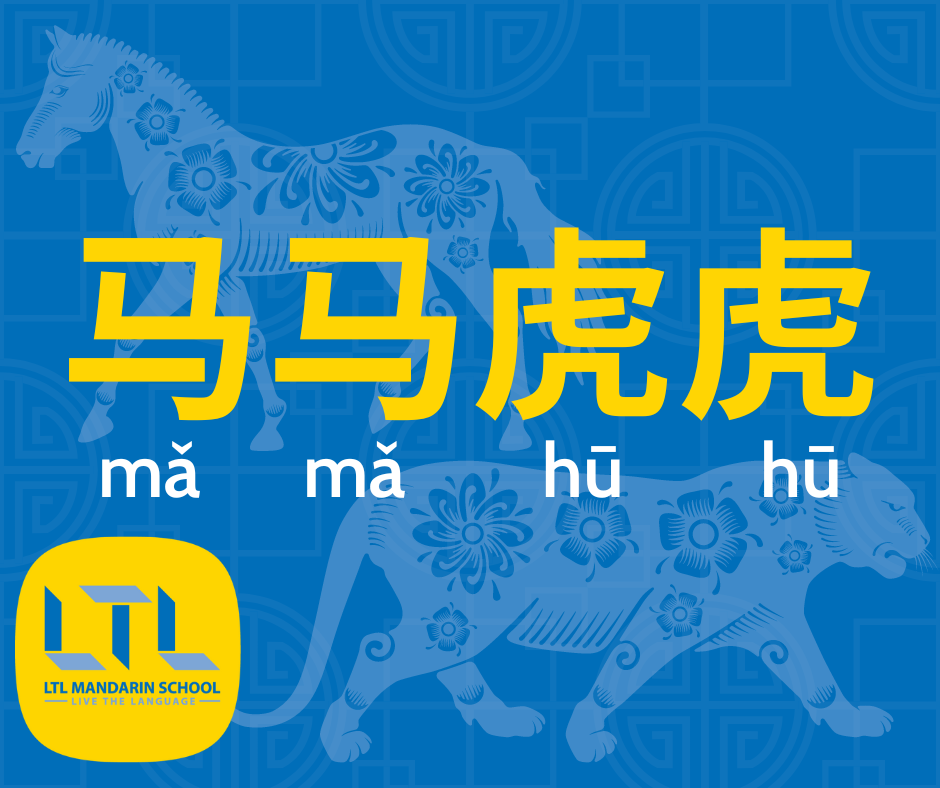
This expression means “Horse horse tiger tiger”. However, despite its literal translation, this idiom has two main meanings:
- It can describe a careless person or actions that are performed carelessly
- It can also mean “so-so”.

14 Chinese TV Shows for Practicing Your Chinese
The Very Best Chinese TV Shows to Learn Chinese When it comes to learning Chinese, Chinese TV shows is a huge resource. How many times have you complained that you can read or write Chinese okay (which is no small…
Do you know the story behind Mamahuhu…?
Once upon a time, there was a painter.
One day the painter was drawing a tiger when a man came to him and asked to have a horse picture instead.
Unwilling to start a new painting, the artist just randomly added a horse body under the tiger head.
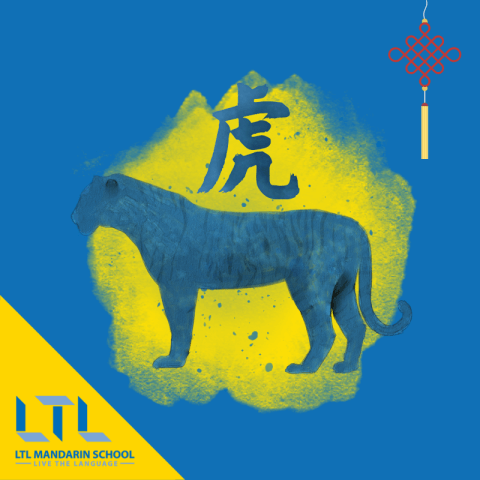
When the customer saw it he found it weird and left so the painting was hung in the family living room.
In the following days, the artist’s eldest son came and asked his father what the painting depicted.
The artist said: “That’s a tiger!”.
Afterward, the younger son came along and asked him the same question, but, this time his father said it was a horse.
Later on, the elder son saw a horse….
Thinking it was a tiger, he killed it, incurring costs for the father who had to pay the horse’s owner for damages. The younger son then encountered a tiger.
Mistaking it for a horse, he died in the attempt to ride it. From then on, everybody called the painter Mr. Horse-Tiger.
Nowadays the term is used to describe someone who is careless or a situation which is just “so-so” or ‘not bad’.
Examples of Mamahuhu in action
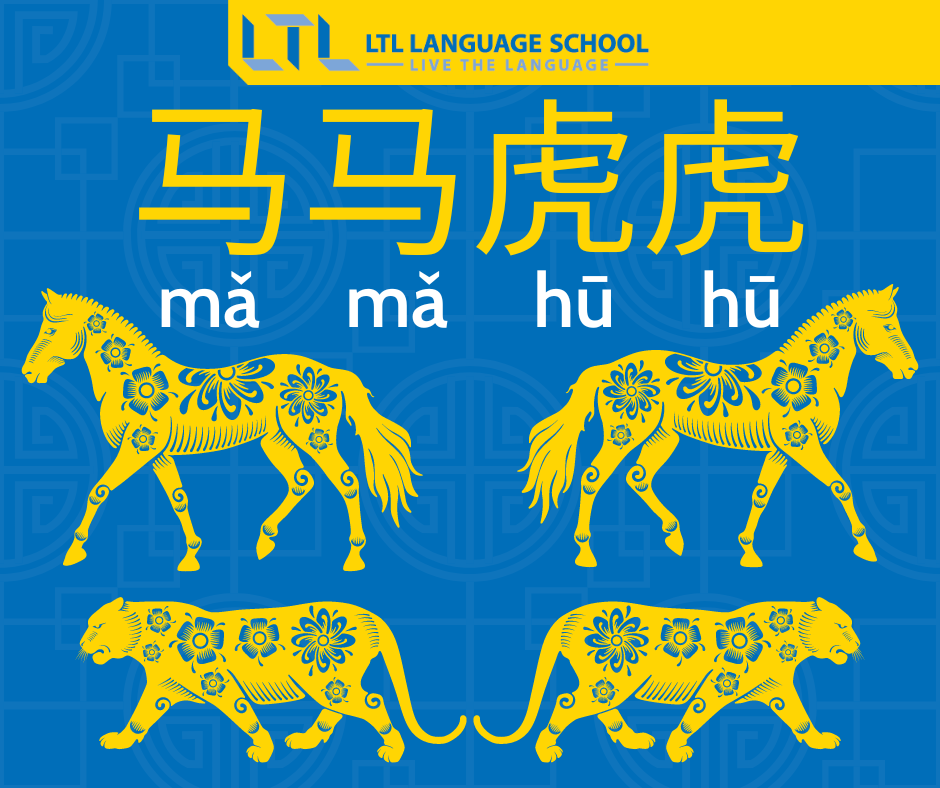
最近怎么样?
Zuìjìn zěnme yàng?
How are you these days?
马马虎虎。
(Mǎmǎhūhū)
So-so.
她的论文我只是马马虎虎地看了一下。
Tā de lùnwén wǒ zhǐshì mǎmǎhūhū de kànle yīxià
I merely glanced over her thesis.
In Summary Mamahuhu means…
Literally, “Horse horse tiger tiger”. The actual meanings are two fold
- A careless person
- So-so / not so bad
Chinese Chengyu || FAQs
What is the English translation of mǎmǎhūhū?
Translated directly into English, mǎmǎhūhū literally means Horse Horse Tiger Tiger. However, its figurative meaning is ‘so-so’ or ‘careless’.
What is a Chengyu?
Chengyu are four character idioms in Chinese.
They can be a little difficult to translate into English and only in context and with understanding of their meaning, do Chengyu make sense.
Just like how in English, you might say ‘water off a duck’s back’, to a non-native speaker this might make little sense the first time they hear it!
Are Chengyu used in everyday speech?
Yes, Chengyu are used all the time in Chinese, just like idioms in English.
It’s often said that to reach fluency in Chinese, you need to master at least 300 Chengyu!
Are Chengyu always 4 characters?
Most Chengyu are 4 characters, although there are some exceptions.
Some extend for as long as 8 characters, such as this favourite used by the LTL team: 好好学习天天向上,which means keep studying hard to strive towards your goals!
Want more from LTL?
Want to learn Chinese from the comfort of your own home? Then our 24/7 online Chinese lessons might be the thing for you.
We offer a 7 day free trial to all new online students where you can study Mandarin 24/7.
Come and check it out free of charge and see what you think!
If you wish to hear more from LTL Language School why not join our mailing list?










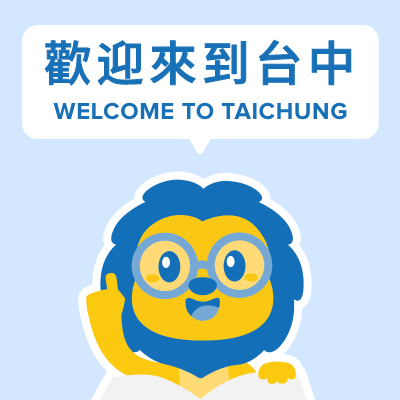





 Hi, my name is Manuel! I am from Spain and I am a Student Advisor at LTL. I’m now based at our Seoul School after living 3 years in Taipei.
Hi, my name is Manuel! I am from Spain and I am a Student Advisor at LTL. I’m now based at our Seoul School after living 3 years in Taipei. Hi, my name is Mojca! I am from Slovenia in Europe and I work as a student advisor at our Shanghai school.
Hi, my name is Mojca! I am from Slovenia in Europe and I work as a student advisor at our Shanghai school.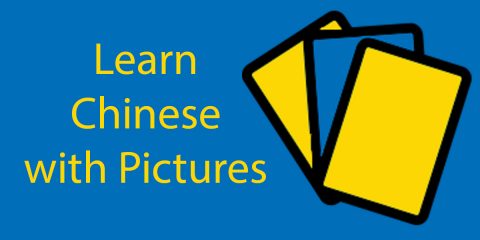
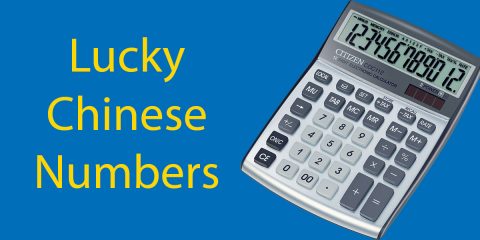
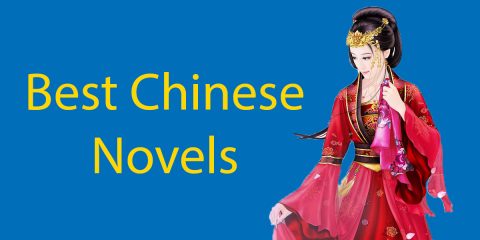

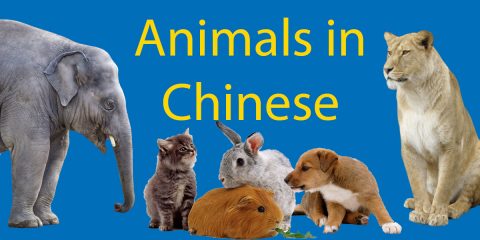
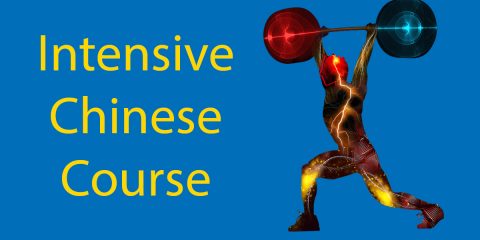
3 comments
Hello, I think there's a mistake in the tone marks on the pinyin of "huhu" in some parts of the page.
Hi, thank you for your comment. Well-spotted! We've amended that now in the article, hope you enjoyed the read!
I love learning about new expressions and their meanings! "Mamahuhu" is such an interesting term. The examples in the post really helped clarify its usage for me. Can’t wait to incorporate this into my conversations! Thanks for sharing!